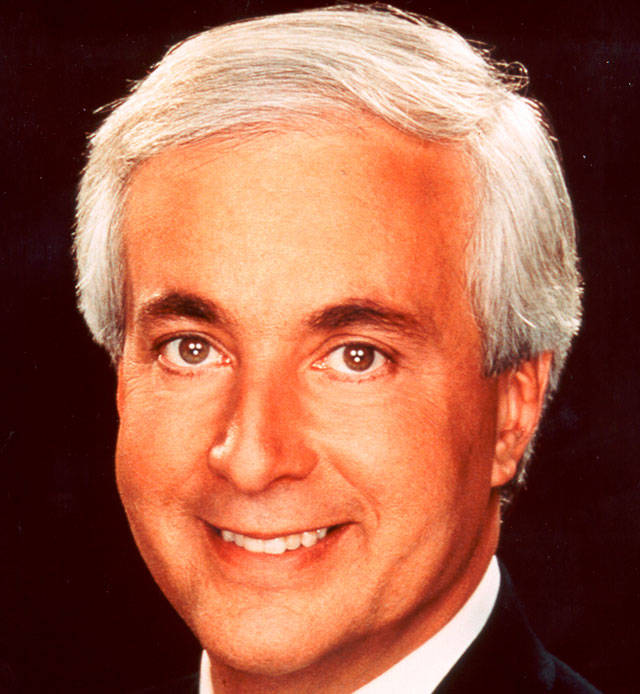The boys of summer will be boys and it’s high time Major League Baseball did something about it.
The generally genteel game is increasingly marred by senseless brawling among players and coaches. It seems baseball’s age-old codes of honor, rooted in “respect,” are colliding with modern performance antics — such as flipping one’s bat or staring at the pitcher after hitting a home run. The latest example, involving the Royals and White Sox in Chicago on April 17, played out like this:
In the fourth inning, Tim Anderson, the Sox shortstop, hits a home run and emphatically heaves his bat toward his own dugout. In the twisted world of modern baseball such a gesture is considered disrespectful. So, when Anderson next comes to bat, the Royals pitcher, Brad Keller, plunks him in the backside with the first pitch. Benches and bullpens clear, there is much chest puffing and bloviating, and it takes seven minutes for order to be restored.
I asked a friend who was on the field about the incident. “Every home run now seems to be an event to celebrate,” he said. “When there’s a fight everyone leaves his position. Not cool or acceptable to watch your teammates brawl while you sit on the bench.”
Ten days earlier in Pittsburgh, benches cleared after Pirates pitcher Chris Archer threw behind the back of Cincinnati Reds hitter Derek Dietrich. Why? Because in his previous at-bat Dietrich homered and stood at home plate for two or three seconds admiring his majestic shot into the Allegheny River. That, according to code, “showed up” Archer.
Such stuff happens repeatedly during each baseball season. Major League Baseball insists it’s unwelcome — and fines and suspensions are usually handed out — but the truth is MLB knows fans enjoy it. YouTube is packed with “Best Brawls” videos. In fact, after the incident in Chicago, MLB posted its own video within minutes.
Underscoring MLB’s ambivalence is its new marketing campaign, “Let the Kids Play,” which celebrates bat flips and other on-field antics. But these very displays provoke fights and subsequent penalties handed down by MLB’s disciplinary arm.
The National Basketball Association was plagued by fighting until a bloody melee 15 years ago involving the Indiana Pacers and Detroit Pistons at the Palace of Auburn Hills in Michigan. A seemingly routine foul led to a brawl among players that spread into the stands.
Following the game, the NBA suspended nine players, with a total cost in docked salaries of $11 million. Five players and five fans also faced criminal charges. As gruesome as the “Malice at the Palace” was, it essentially marked the end of fighting in the NBA. Today, players face immediate ejection if they leave the bench during an altercation.
Contrast that with the nonsense in baseball that has pitchers and catchers racing hundreds of feet from bullpens to home plate whenever some feels disrespected. The players’ own Kangaroo Courts will fine anyone who fail to join the battle.
Equally culpable are most baseball announcers, many of whom are former players. As the Chicago brawl unfolded, broadcasters from each city defended their players, protesting “disrespect” and supporting the wisdom of throwing at a batter “below the waist” so the injury is not too severe. MLB later edited its highlight video to eliminate the remarks.
Every team has a few bad actors who usually find themselves at the center of diamond dust-ups. Hunter Strickland, who pitched for the Giants until recently, had a nasty habit of throwing at hitters when angered by their facial expressions. In 2017 Strickland hit Bryce Harper, then of the Nationals, and in the ensuing brawl Strickland’s teammate, Michael Morse, received a head injury that ended his career.
The worst thing about baseball’s foolishness — beyond the danger it poses to players, the example it sets for kids, and the delays it causes in games — is that it can so easily be stopped. Immediate ejection and a fine for leaving the bench or bullpen would pretty much take care of it, as it has in the NBA.
Maybe it’s just theater. Perhaps MLB is so concerned about slumping attendance that it’s willing to “let the kids play” when it comes to fighting.
More likely, though, is that baseball can’t escape its own dated customs. The Great American Pastime isn’t about to change, at least not without a fight.
Peter Funt is a writer and speaker. His book, “Cautiously Optimistic,” is available at Amazon.com and CandidCamera.com.



